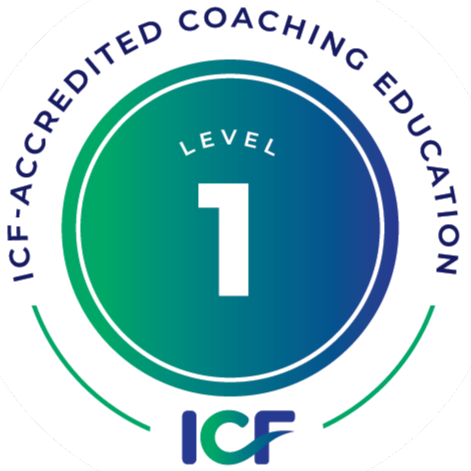
The statistics are pretty bleak. Only about eight percent of people with a substance use disorder receive treatment at a specialty facility in any given year and the relapse rate after inpatient treatment is about 50 percent in the first 12 months and the drop-out rate from treatment is approximately 40 percent.
To me, this is UNACCEPTABLE because there are trained individuals who work within the addiction arena who could help change the statistics and outcomes for so many individuals striving for full recovery.
In my experience, many people, including the healthcare professionals you might turn to, are not aware enough of the various treatment options for people with substance use disorders, nor are they aware that some of these treatments are scientifically-validated (i.e., evidence-based) and others are not. Second, they are often unfamiliar with evidence-based approaches that virtually anyone could learn to motivate individualswho are “resistant” to engaging in treatment – approaches that have been shown to be more successfulthan traditional “interventions.”
While peer coaches and sober companions are reportedly helpful to some, after almost 2 decades of studying cutting-edge treatments for alcohol, cocaine, opiate, and tobacco use disorders, my personal opinion is that we need to make greater use of Professional Recovery Coaches. These coaches, who need not be in recovery themselves (though they can be), should be trained very differently, to provide a more comprehensive and evidence-based service that can result in lasting recovery. Additionally, treatment providers can’t generally do enough outreach to help those not in treatment. They don’t manage relapses that occur after treatment is completed, aside from having them repeat the same program they already went through. And they don’t have time to get “drop-outs” back into treatment.
A Professional Recovery Coach is a professional coach who adheres to what I call a “progressive model of recovery,” one in which the coaching is:
- client-directed –the client decides what he/she will or won’t work on, which has been shown to be an important element to effectively motiating people who are “resistant” to change.
- evidence-based –using an approach like motivational inteviewing, which has been shown to improve engagement in treatment and outcomes, as well as educating clients about which treatment approaches are evidence-based and which are not.
- focused on either individuals with substance use issues or family members and concerned significant others, using their evidence-based coaching strategies to help clients according to what’s best summarized with the acronym, “N.E.A.R.” – because a professional recovery coach is always nearby.
Professional progressive recovery coaches are not serving as counselors or therapists, but instead work to help their clients:
- Navigate the addiction treatment world, helping them understand how to determine what they might need (through guided self-screenings and self-assessments) and how to go about finding evidence-based treatment that will work for them.
- Engage in treatment in a motivated way, using strategies from motivational interviewing and the Community Reinforcement and Family Training (CRAFT) approach, both of which have been found to be more effective alternatives to traditional “interventions.”
- Accompany them to treatment- and recovery-related activities as long as this keeps the client engaged in and successfully moving toward long-term recovery. (Consistent communication with treatment professionals is key.)
- Reduce relapses by being available for calls, texts, emails, etc. when clients are experiencing cravings, urges and/or crises, using coaching strategies to motivate their client’s continued recovery and consistent communication with treatment providers.
It’s time to turn the statistics around, time for the millions of people who are dealing with addiction issues, to receive the help they need to make a full recovery to break the relapse cycle.
Dr. Pantalon is a clinical psychologist and Senior Research Scientist at the Yale School of Medicine, and his mission is addiction HELP FOR ALL through professional recovery coaching and recovery coach training. He is the founder and CEO of the Center for Progressive Recovery, LLC, and offers his Progressive Coach Recovery Certification training. Listen to Mike discuss progressive recovery coaching, and if you’re interested in becoming a certified PRC, can receive a discount on training through The Institute for Life Coach Training.




